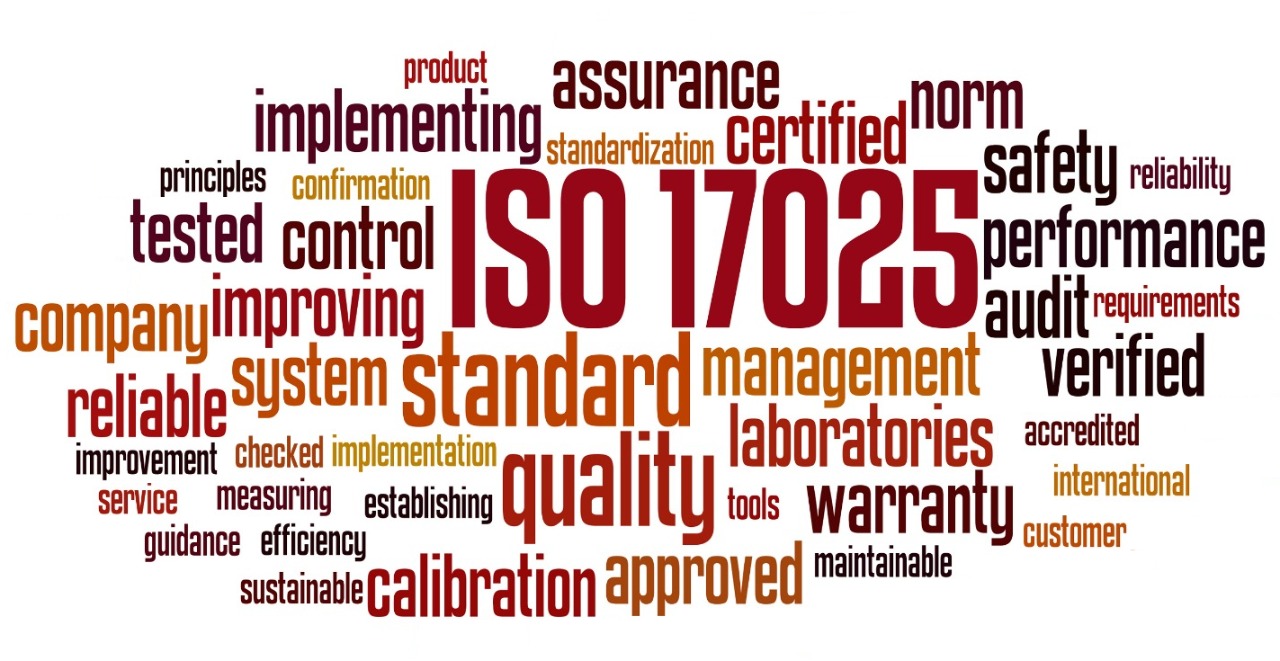Laboratories Accreditation according to ISO/IEC 17025:2017


Why standard and accreditation IS useful?
The standard and accreditation is useful for any organization that performs testing, sampling or calibration and wants reliable results. This includes all types of laboratories, whether they be owned and operated by government, industry or, in fact, any other organization irrespective of the industry and size, which are involved in sampling or measurement activities. The standard is also useful to universities, research centres, governments, regulators, inspection bodies, product certification organizations and other conformity assessment bodies with the need to do testing, sampling, or calibration. ISO/IEC 17025, together with ISO 9001, is the basis for ISO 15189, which specifies requirements for competence and quality, as well as accreditation of medical laboratories.
Jiyamin Service provides the consultancy services, as per the requirements of ISO/IEC 17025:2017 and accreditation body, majorly on followings:

Standard for Laboratory Accreditation followed by accreditation body
ISO/IEC 17025 for accrediting testing and calibration laboratories
ISO 15189 for medical testing laboratories
ISO/IEC 17043 for Proficiency testing providers and
ISO 17034 for Reference Material Producers
BENEFITS OF LABORATORY ACCREDITATION
Formal recognition of competence of a laboratory by an Accreditation body in accordance with ISO/IEC 17025:2017 has many advantages:
Acceptance Of Test And Calibration Result.
Adoption of ISO/IEC 17025 standards have helped countries employ a
uniform approach to determine LABORATORY competence. It has also
encouraged Laboratories to adopt internationally accepted testing,calibration and
measurement practices where possible. This uniform approach allows
accreditation bodies to establish arrangements between themselves through
APAC and EA peer evaluation by an expert team appointed by APAC/ EA
MRA/ MLA councils, based on mutual evaluation and acceptance of each
other’s laboratory accreditation systems. Such international arrangements,
called Mutual Recognition Arrangement, are crucial in enabling test and calibration data to be
accepted between countries. In fact, each partner in such an agreement
recognizes the other partner’s accredited laboratories as if they themselves
had undertaken the accreditation of the other partner’s Laboratories. The
international mutual recognition arrangements between accreditation bodies
arrived based on peer-evaluation have enabled accredited Laboratories to
achieve international recognition and allowed test and calibration data accompanying
exported goods to be readily accepted in overseas markets.
This effectively
reduces costs for both the exporters and the importers, as it reduces or
eliminates the need for products to be re-tested in another country.
Accreditation Body, signatory to ILAC as well as APAC Mutual Recognition
Arrangements (MRA) for accreditation of Testing (including Medical) and
Calibration laboratories, which is based on mutual evaluation and acceptance
of other MRA Partner laboratory accreditation system, facilitate acceptance of
test / calibration results between countries to which MRA partners represent.
